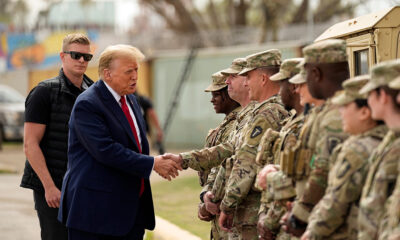Latest News
‘Desperate situation’ for Ghani as his power is undermined: NYT
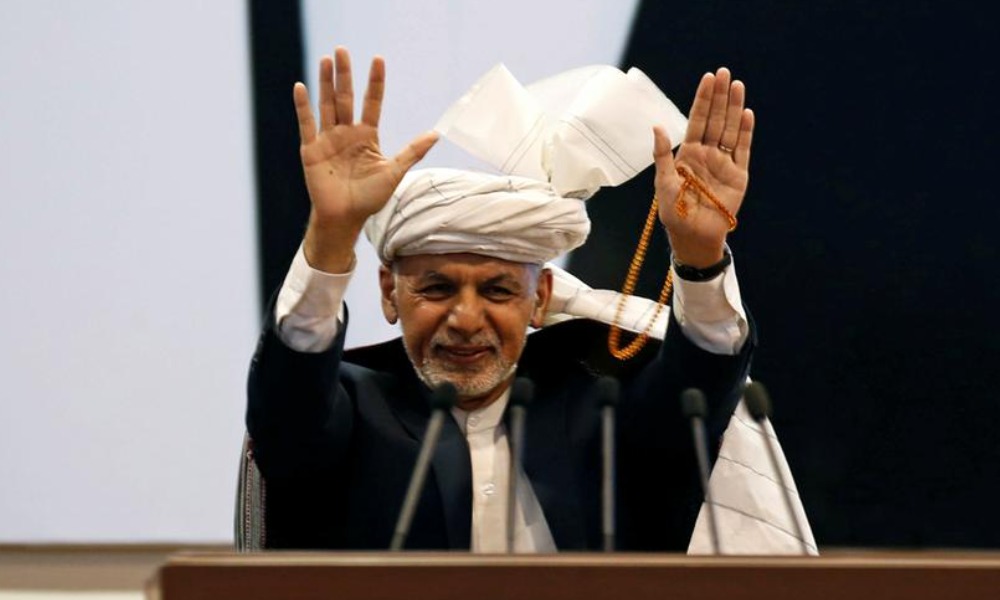
A senior Afghan military official said this week that if the US pulls out without a political settlement having been reached between government and the Taliban, the country will be in “deep trouble”.
Speaking to the New York Times this week, the security official said: “If the US pulls out, and there is no political agreement, then we are in deep trouble.”
“Militarily, we don’t have much hope,” he said. “If we don’t get something, the Taliban are going to march. It’s going to be a severe battle.”
One Western diplomat in Kabul said the country’s military position is deteriorating. Each day brings news of security force members blown up or gunned down.
“They can’t keep doing that,” said the diplomat, commenting on the steady loss of military strength. “The toll on the government, and the credibility and legitimacy it has, it’s not sustainable.”
The New York Times reported that this comes at a time where President Ashraf Ghani has few remaining allies, the Taliban are gaining militarily and his international supporters are impatient with him and the stumbling peace process.
The article questions how much control Ghani actually has over his country’s future and his own - questions that have, according to the NYT, been largely resolved by politicians, analysts and citizen: Not much!
NYT reports Ghani is dependent on the counsel of a handful of people and is unwilling to even watch television news - also that he is losing allies fast.
This, the NYT reports, spells trouble for a country where a hard-line insurgency has the upper hand militarily, where nearly half the population faces hunger at crisis levels, where the majority of government money comes from donors and where weak governance and widespread corruption are endemic.
This, meanwhile, is all taking place as Washington is preparing to pull out its last remaining troops, “a prospect expected to lead to the medium-term collapse of the Afghan forces they now support,” the report read.
Former National Directorate of Security chief Rahmatullah Nabil told the NYT: “He (Ghani) is in a desperate situation.”
“We’re getting weaker. Security is weak, everything is getting weaker, and the Taliban are taking advantage.”
The NYT reported that many are fed up with what they see as Ghani’s obstinacy in refusing to make concessions to adversaries, or his condescending style and that a recent letter to him from US Secretary of State Antony Blinken was so harsh that even Afghans critical of Ghani found it insulting.
The letter used the phrase “I urge you” three times while Blinken also said “I must also make clear to you, Mr. President … that as our policy process continues in Washington, the United States has not ruled out any option.”
The NYT stated that the unspoken subtext was clear: Your influence is minimal.
Hekmat Khalil Karzai, the head of an Afghan think tank reacted to this and said: “As an Afghan, a sense of humiliation comes over you.”
“But I also feel Ghani deserves it,” Karzai said. “He’s dealing with the kiss of death from his own closest partner.”
This comes as US President Joe Biden continues to “review” the agreement signed with the Taliban in February last year - which stipulates Washington pulls out all its troops by May 1 - a deadline that is just three weeks away.
It also comes amid a flurry of meetings between leaders of countries in the region, of US officials and Afghan politicians.
The key issue currently is the US proposal of an interim government followed by elections - an interim government that would include Taliban participation.
As pointed out by the NYT, such a move could require Ghani to step down - something he has until now repeatedly refused to consider.
Ghani has his own plan, which includes early elections but the NYT states, both Washington’s plan and Ghani’s could fall flat as the Taliban have never said they would agree to elections, nor have they indicated that they would go along with any sort of government plan or be content with power-sharing.
“From what we’re seeing, they want absolute power, and they are waiting to take power by force,” Ghani’s national security adviser, Hamdullah Mohib, said in an interview.
Visions of September 1996, when the Taliban rolled into Kabul virtually unopposed and proceeded to establish their harsh regime, haunt the capital, the NYT stated.
Meanwhile some former officials criticized Ghani as being compelled to micromanage all ministries and departments, including that of military matters.
Karzai said: “He likes that, because he feels he’s the only one [competent to make serious decisions].”
But Mohib called the micromanagement accusation “a huge exaggeration,” saying that the president had not attended a security meeting “in weeks,” adding that “he is aware of the strategic picture.”
When contacted by the NYT for an interview, Ghani’s communications office refused, while a senior aide did not respond to an interview request.
A Western diplomat meanwhile told the NYT that the consequences of Ghani’s isolation is not good for Afghan unity and that these divisions spread from Kabul into the country’s fractious regions, where independent militias and other longstanding power-brokers have either rearmed themselves or are preparing to do so.
One example cited by the NYT is the low-intensity fight between government forces and the militia of a minority militia commander, Alipour, which has been smoldering for months.
The fight was recently fueled by the downing of an Afghan forces helicopter in March by Alipour’s men.
The NYT reported that Ghani and his aides have taken an active role in managing the conflict, to the dismay of the Afghan military.
“This is what we wanted to avoid. We are already stretched,” said a senior Afghan security official. “And here, you want to start another war?”
In conclusion, the NYT article noted that the upcoming talks in Turkey, the Istanbul Summit, could well end up like the recent ones in Moscow and Dushanbe, Tajikistan — with bland communiqués deploring violence and hoping for peace.
The American idea — to substitute new talks in a new locale for the old talks in Qatar that have gone nowhere — is not necessarily a winning bet and that early signs are not promising, with Ghani once again rejecting preliminary American proposals, and the Taliban aggressively noncommittal about the ideas currently on the table, the NYT reported.
Latest News
Canada sent 19 failed asylum seekers back to Afghanistan last year
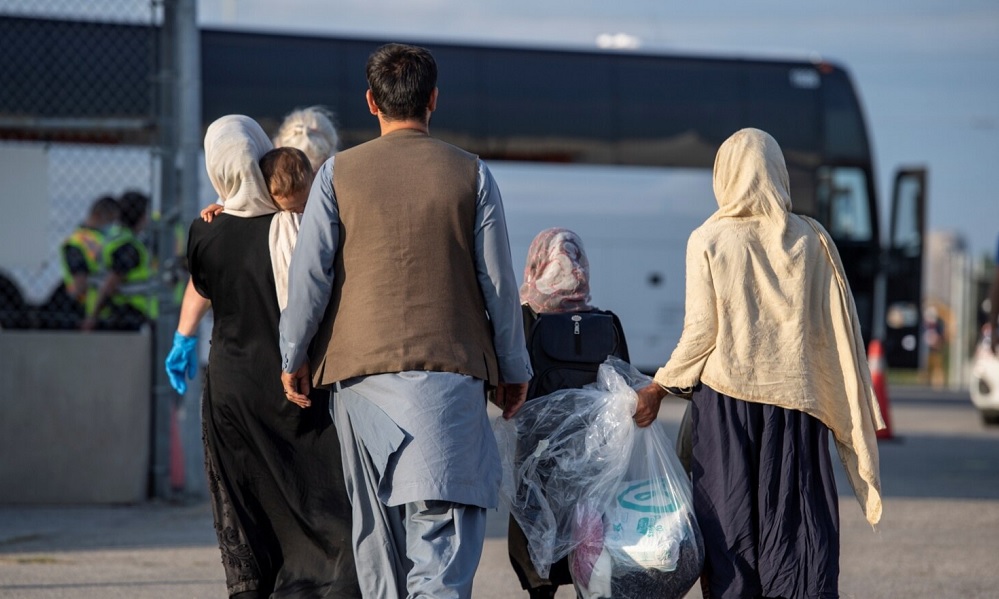
Canada's border guards sent 19 rejected Afghan asylum seekers back to the country last year despite Otawa’s Temporary Suspension of Removals (TSR) that has been in place for Afghan nationals since 1994.
CBC reported that none of the 19 Afghans had their cases rejected on the basis of safety or security risks. The border service did not however reveal further details.
The border agency said a TSR is meant to "halt removals to a country or place when general conditions, such as armed conflict or an environmental disaster, pose a risk to the entire civilian population."
It also said individuals who were found inadmissible "on grounds of criminality, serious criminality, international or human rights violations, organized crime, or security" can be removed despite a TSR, CBC reported.
The CBSA said the 19 who failed their refugee claims left Canada "voluntarily," and that the Afghans were "aware that they benefit from a stay of removal due to the Temporary Suspension of Removal on Afghanistan but requested to have their removal order enforced despite the legislative stay.
"In other words, the individual was advised that they can remain in Canada until the TSR is lifted and they opted to return to Afghanistan."
Canada has welcomed some 54,000 Afghans since August 2021, surpassing a commitment it made to bring in 40,000 in 2021.
Latest News
Trump team compiling list of military officers responsible for US withdrawal from Afghanistan
Trump has on a number of occasions condemned the withdrawal as a “humiliation” and “the most embarrassing day in the history of our country.”
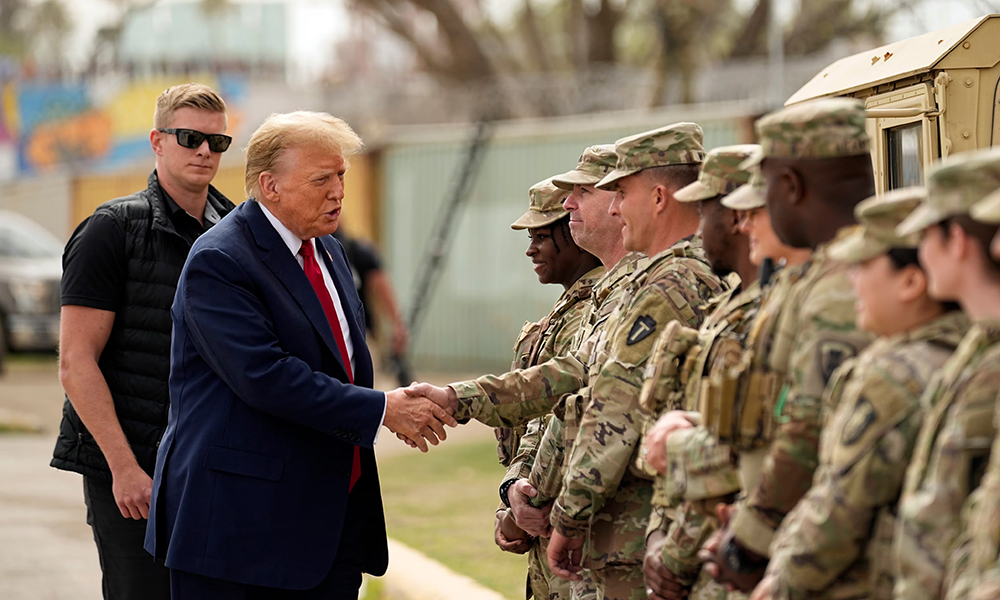
Citing a US official and a person familiar with the plan, NBC stated a commission would then gather information about who was directly involved in the decision-making for the military, how it was carried out, and whether the military leaders could be eligible for charges as serious as treason.
Latest News
Ottawa taking detention of Canadian in Afghanistan ‘very seriously’
Lavery helped an estimated 100 Afghans flee Kabul during the chaotic withdrawal of US and allied forces.
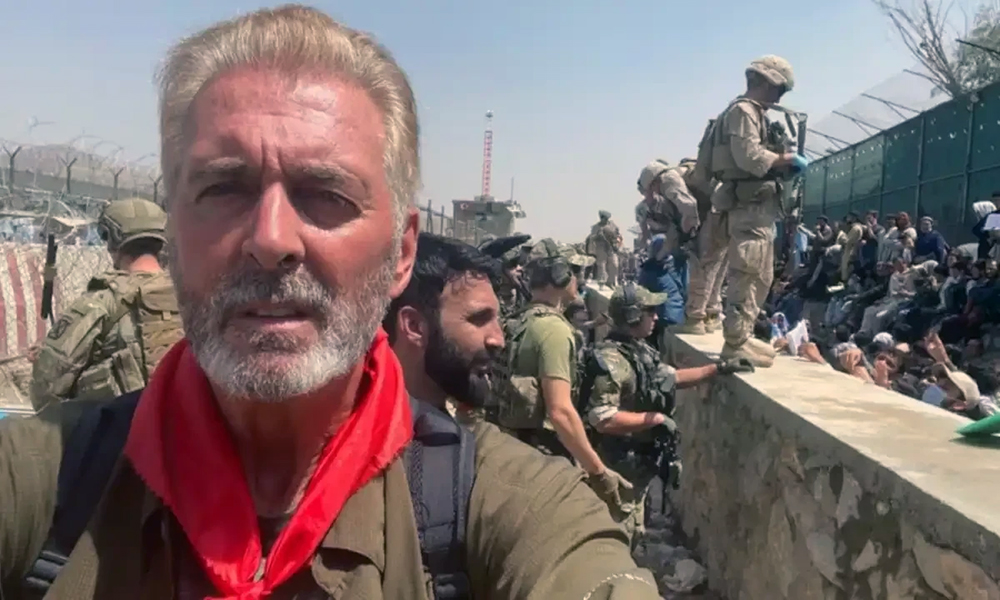
The Canadian government is taking "very seriously" the detention in Afghanistan of a former member of Canada's elite special forces, Prime Minister Justin Trudeau said Saturday.
Retired soldier David Lavery, known in Kabul as Canadian Dave, was detained by the Islamic Emirate shortly after landing in Kabul on Monday, according to Canadian broadcaster CTV News.
His whereabouts are unknown, the outlet added, citing unnamed sources.
Asked about Lavery, Trudeau said: "I can first of all assure you that the Canadian government is taking very, very seriously the situation."
He also said consular assistance has been provided to Lavery's family.
Lavery helped an estimated 100 Afghans flee Kabul during the chaotic withdrawal of US and allied forces.
He spent decades in the Canadian military and is said to have been a key member of its elite Joint Task Force 2 special operations unit.
More recently, Lavery has reportedly operated a private security firm in Kabul.
The Islamic Emirate has not yet commented.
-

 World4 days ago
World4 days agoBiden is sending aid to help Ukraine keep fighting next year, Blinken says
-
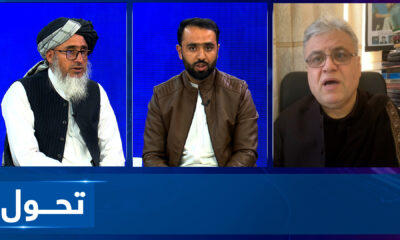
 Tahawol4 days ago
Tahawol4 days agoTahawol: NATO’s concern over proximity of Russia & North Korea discussed
-
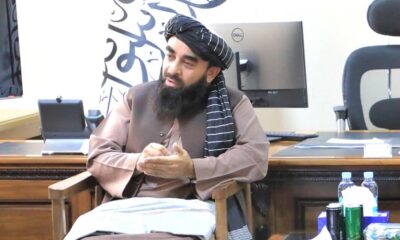
 Latest News4 days ago
Latest News4 days agoIEA committed to freedom of media within Islamic principles: Mujahid
-
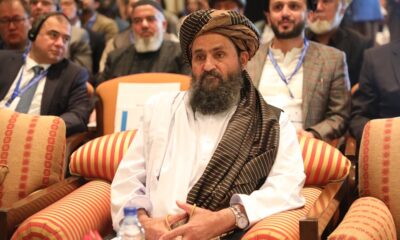
 Latest News4 days ago
Latest News4 days agoIEA prioritizing poverty reduction and job opportunities, says deputy PM
-

 4 days ago
4 days agoAWCC customer in Kandahar wins 1 million AFN in ‘lucky lottery’
-

 Latest News4 days ago
Latest News4 days agoIEA cuts mobile phone and internet rates
-
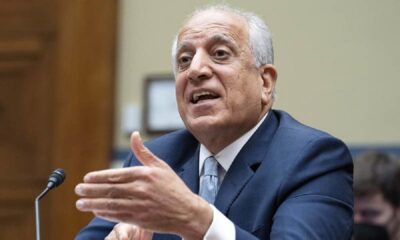
 Latest News4 days ago
Latest News4 days agoKhalilzad: Turning our back on Afghanistan would not be wise
-
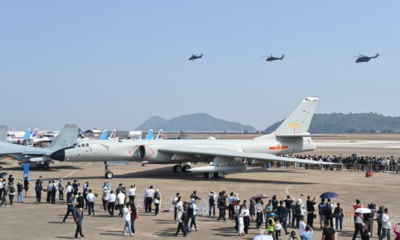
 World5 days ago
World5 days agoChina’s largest air show off to flying start with fighter jets and attack drones








